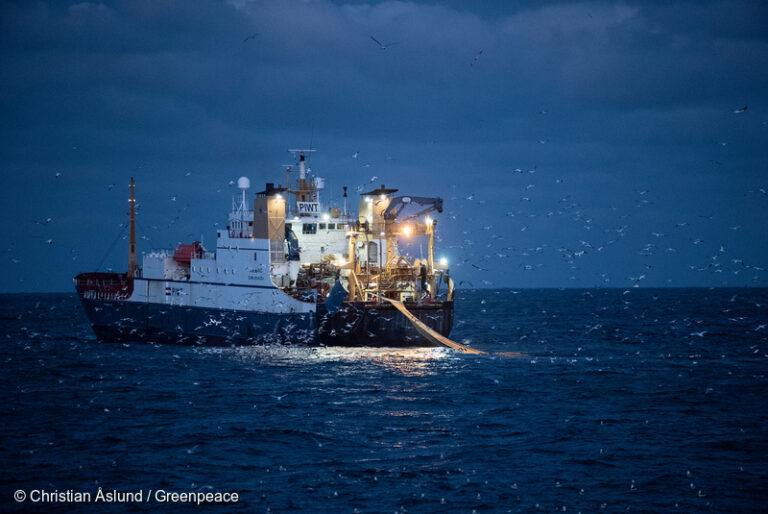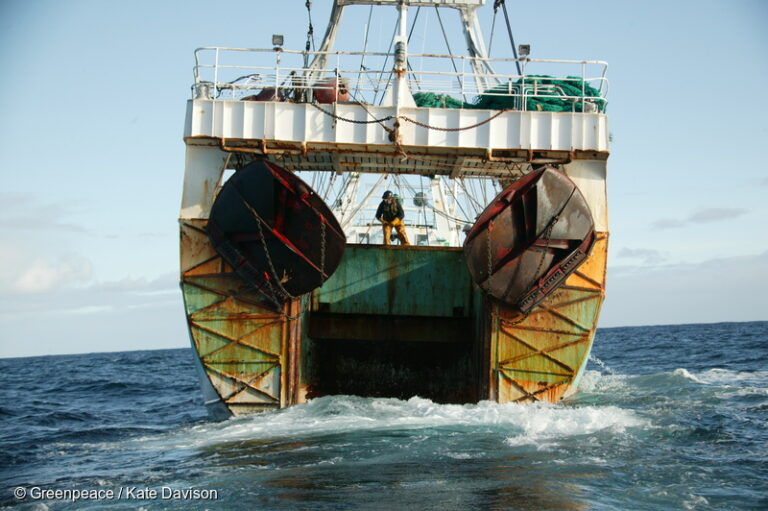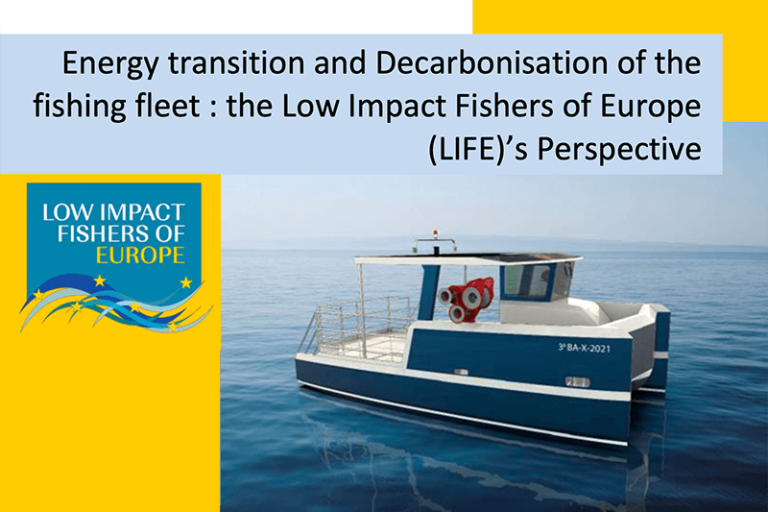Brussels, 22 February 2024:- Responding to leaked reports that Belgium’s EU Council Presidency has proposed a new compromise text that seeks to undermine the proposal of the Commission for a revised EU Energy Taxation Directive (ETD), Flaminia Tacconi, Senior Lawyer at ClientEarth, said:
“While the EU Scientific Advisory Board on Climate Change calls for a rapid adoption of the Energy Taxation Directive as the last piece of the Fit for 55 puzzle, EU Council Member States appear to be playing politics when they should be making crucial decisions about our collective future. Instead of pursuing short-term sighted priorities, the EU Council, and especially the Belgian Presidency, should instead focus on decarbonising Europe by putting an end to fossil fuel subsidies.”
“EU energy tax legislation has not been updated since the 80s, and when a revised ETD is adopted, it will be in place for the next 30 years. Future generations in charge in 2054 – when Europe will be a carbon neutral society- will certainly wonder why in 2024 we decided to still grant tax exemptions for fossil fuels used in highly polluting and destructive sectors such as fisheries sector or maritime transport”, said Tacconi.
“These decisions are being made behind the closed doors of the EU Council with the excuse that taxation is subject to unanimity – that is, without proper involvement of the European Parliament and of civil society. Lamentably, while taking these decisions, heads of EU governments are not paying heed to international calls under the COP28 agreement to phasing-out of inefficient fossil fuel subsidies.”
“The question is, why do EU finance ministers under the lead of the Belgian Presidency seem unable to make the decision to move away from fossil fuel subsidies towards other types of tax benefits, or other subsidies that would incentivise the decarbonization process of the fisheries or maritime transport sectors, and would lead to a much-needed carbon-free EU economy?”
ENDS Europe reported on February 20th that “the Belgian presidency has added exemptions and delays to the proposed revision of the Energy Taxation Directive, withlet-offs for maritime sectors as well as biomass, in a drive to reach a compromise in the drawn-out talks”.
“The draft text, seen by ENDS Europe, includes additional exemptions for maritime fuel use, as well as a previously mooted exclusion of biofuels.”
“The Presidency proposes to introduce the possibility for member states to apply a total or partial exemption for the purposes of small-scale coastal fishing [and] for the purposes of maritime transport services.”
Contact: Dave Walsh, +34 691 826 764 [email protected]




